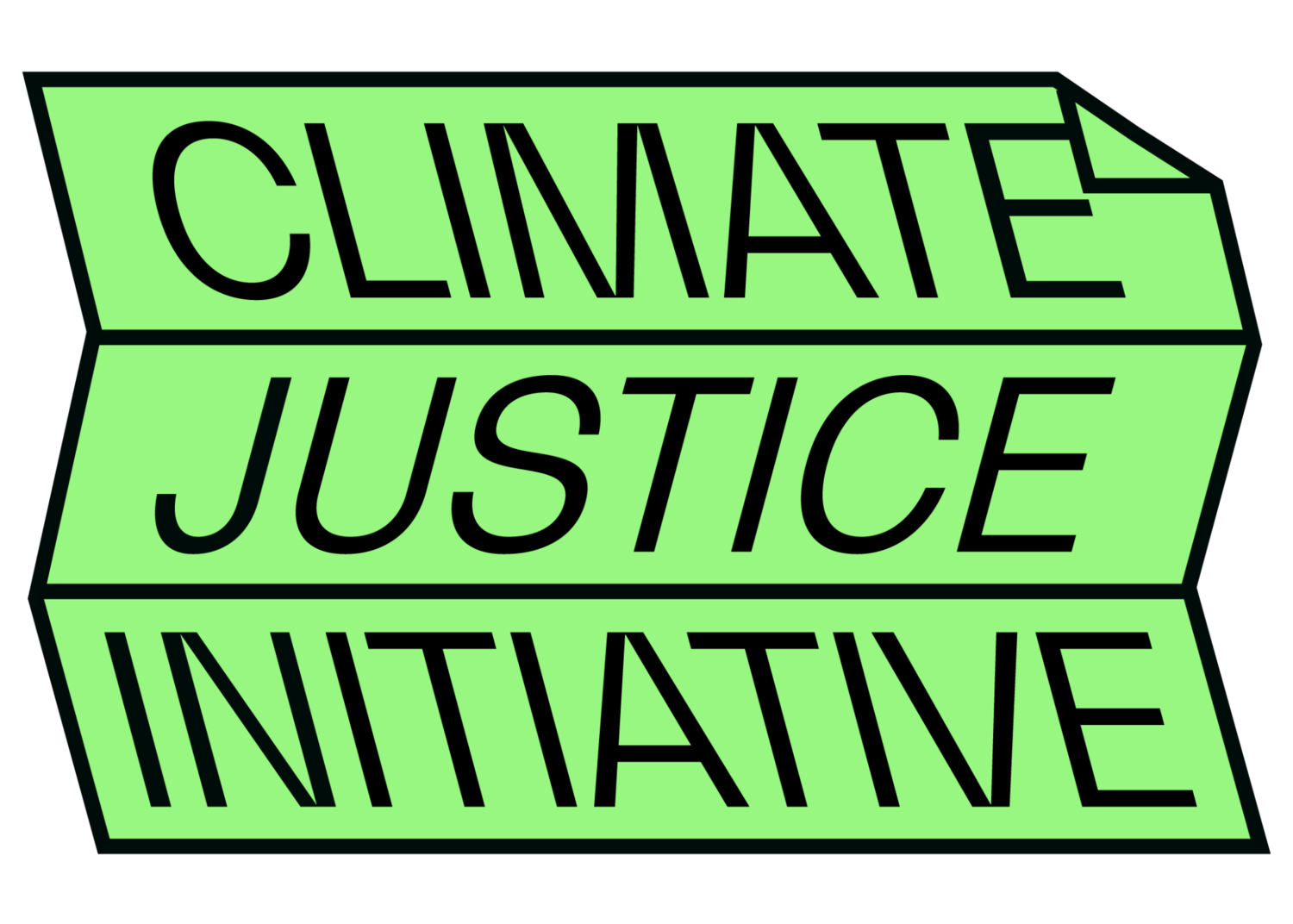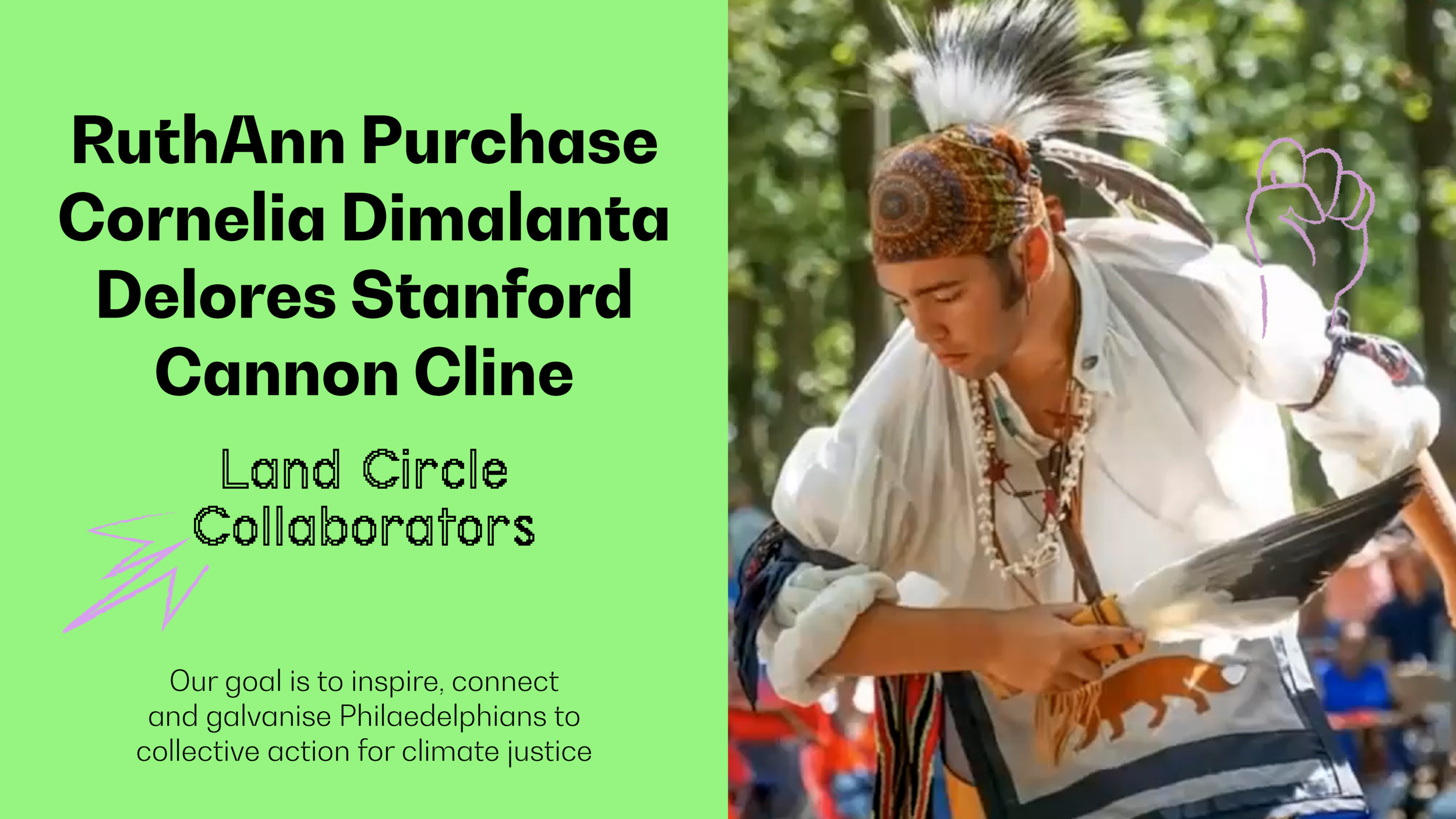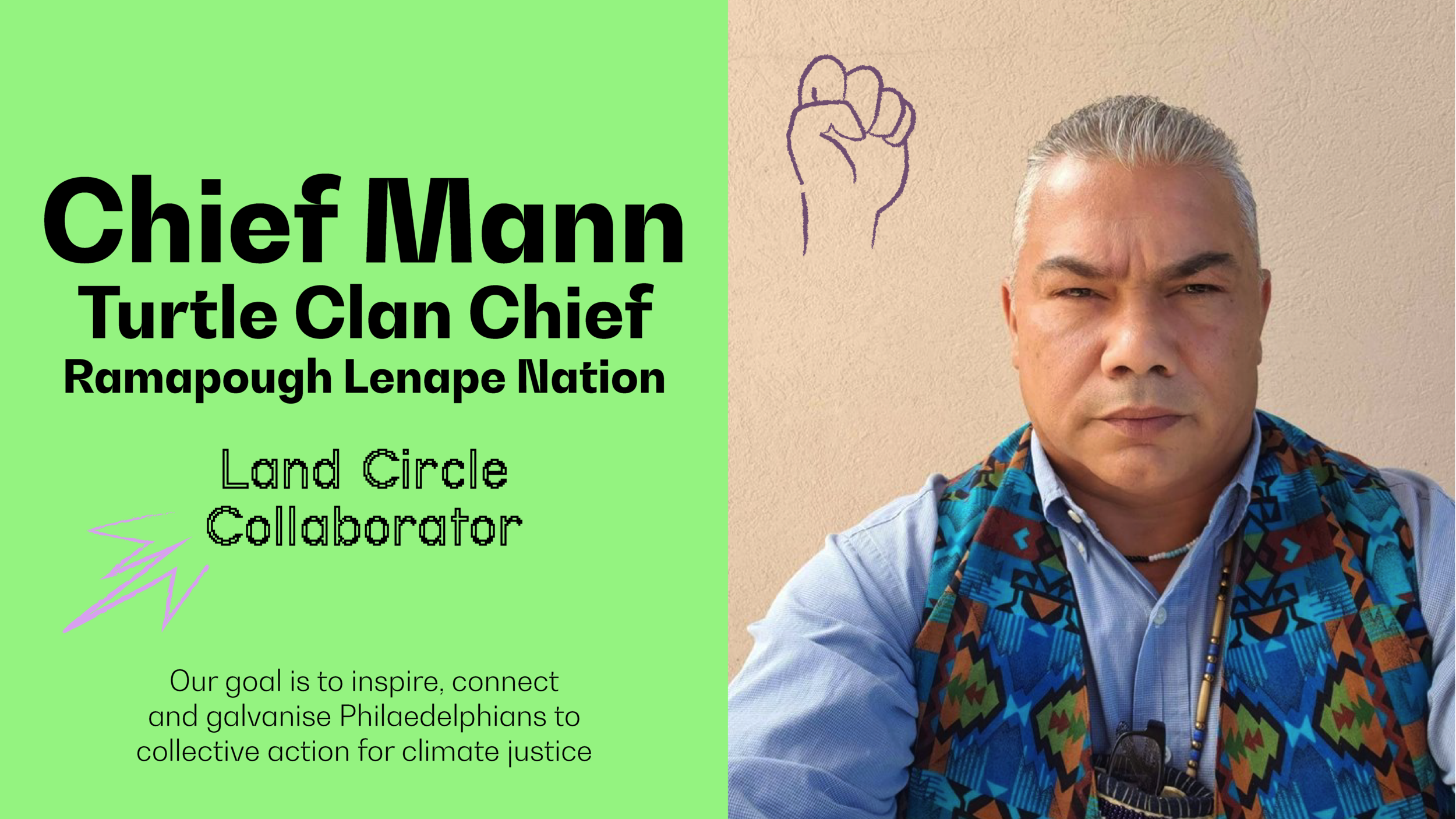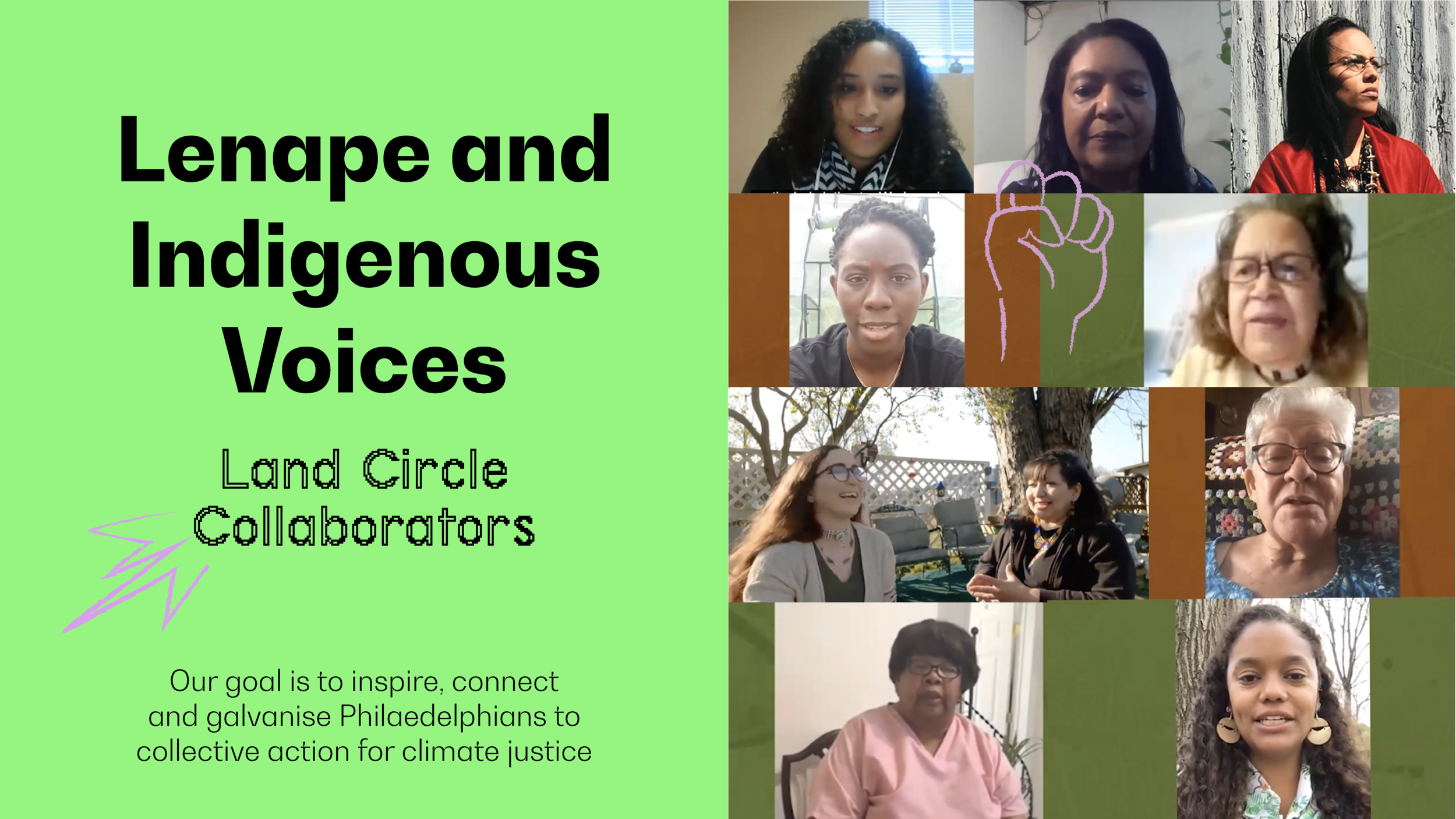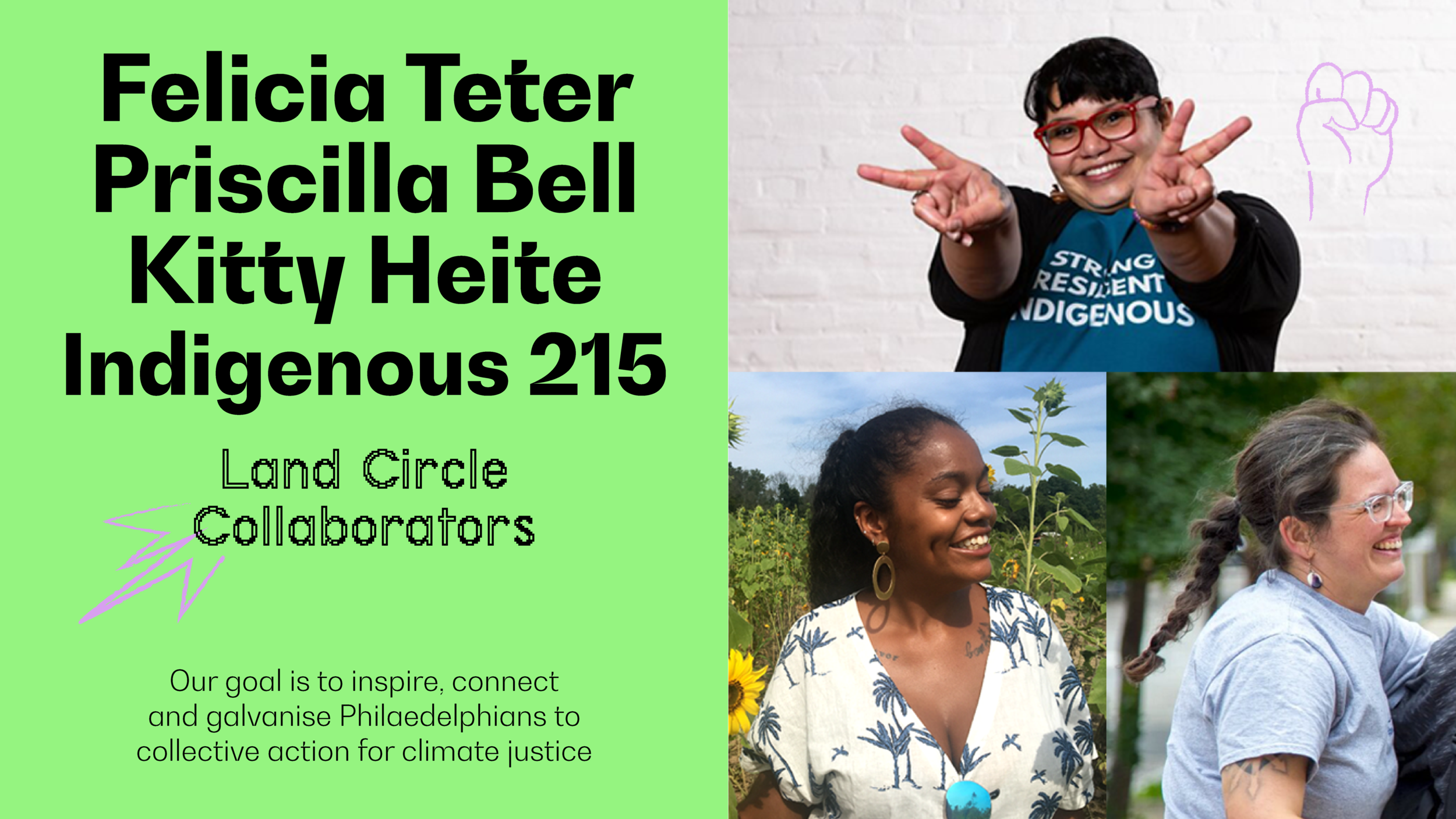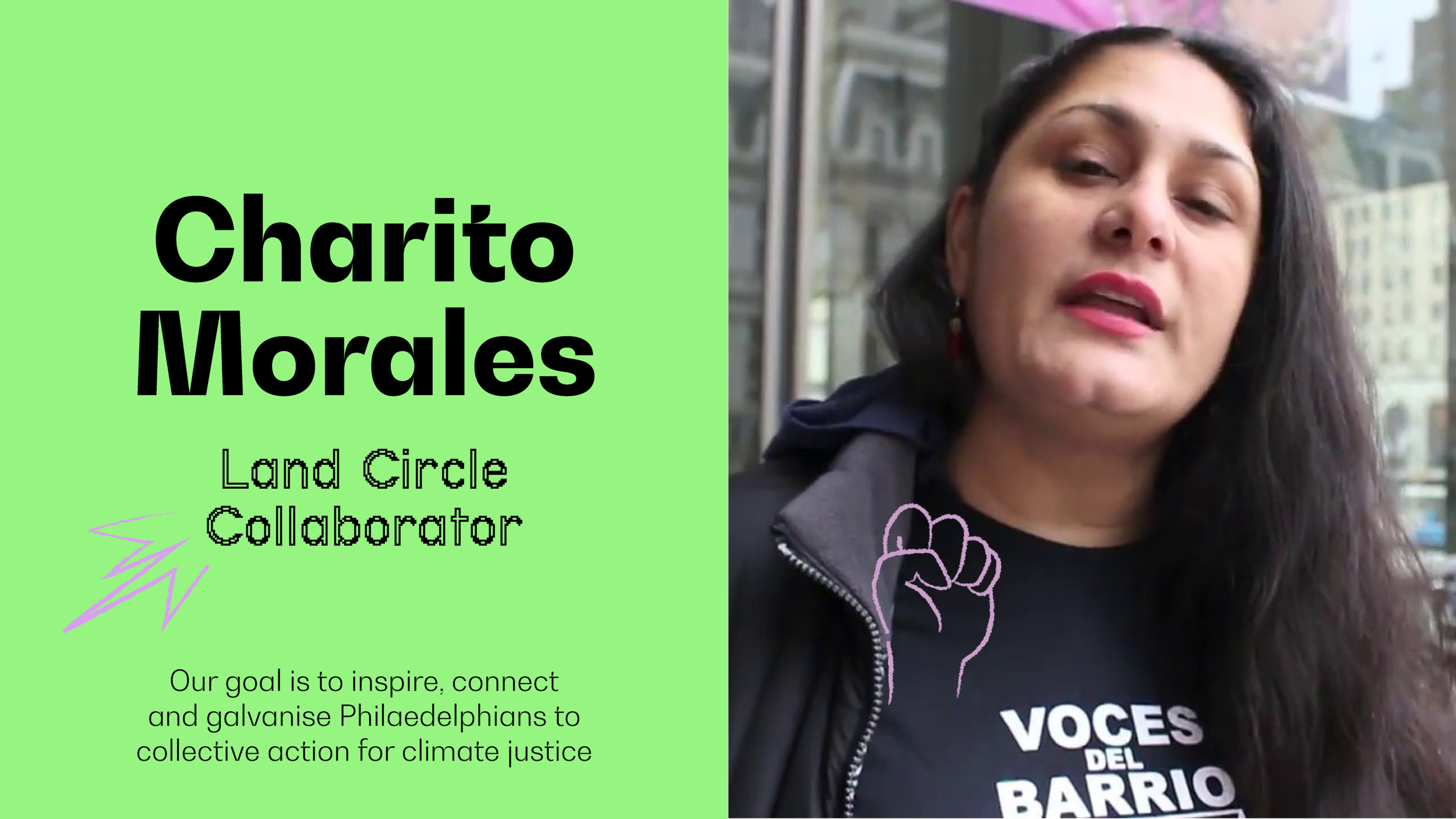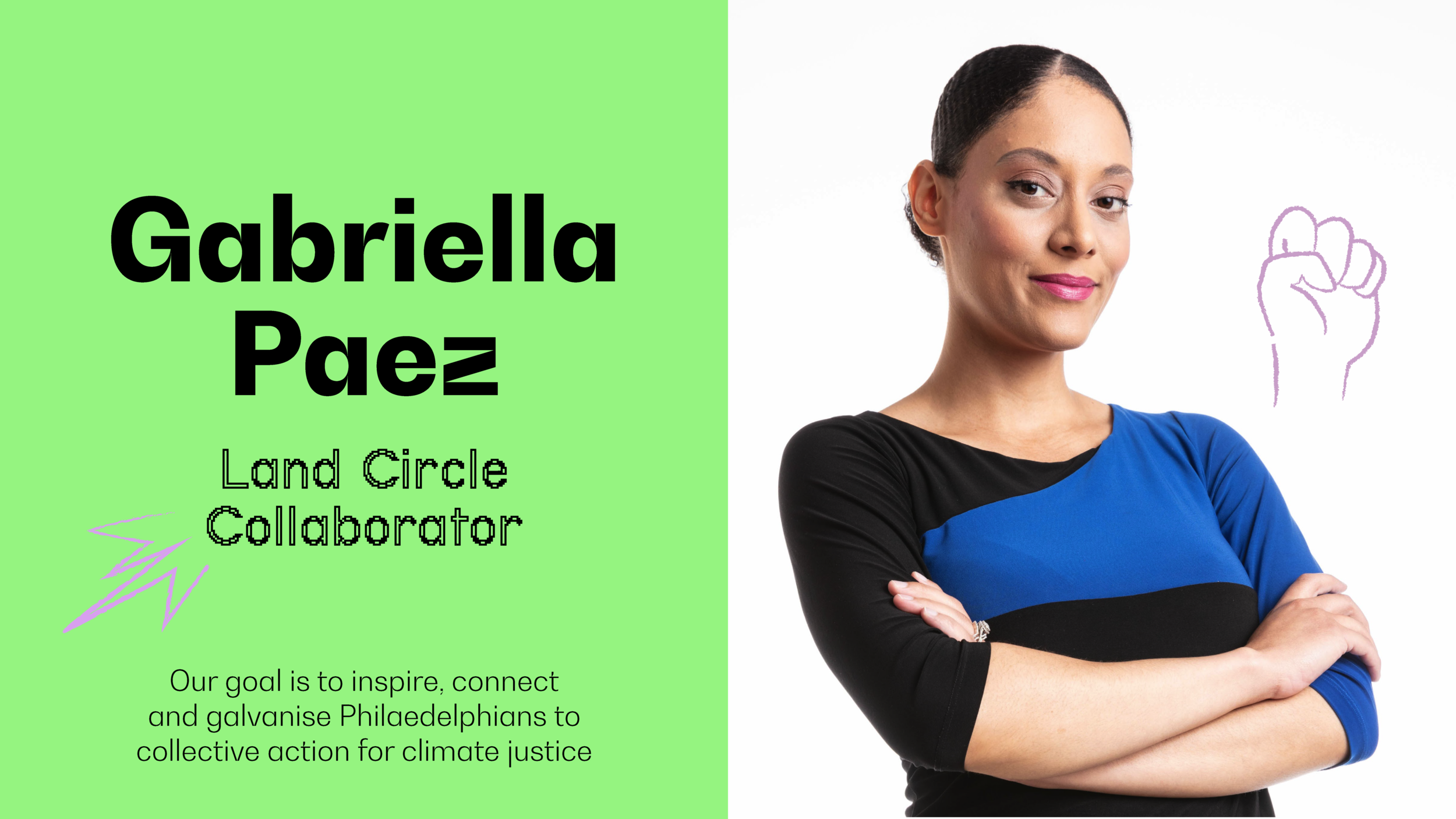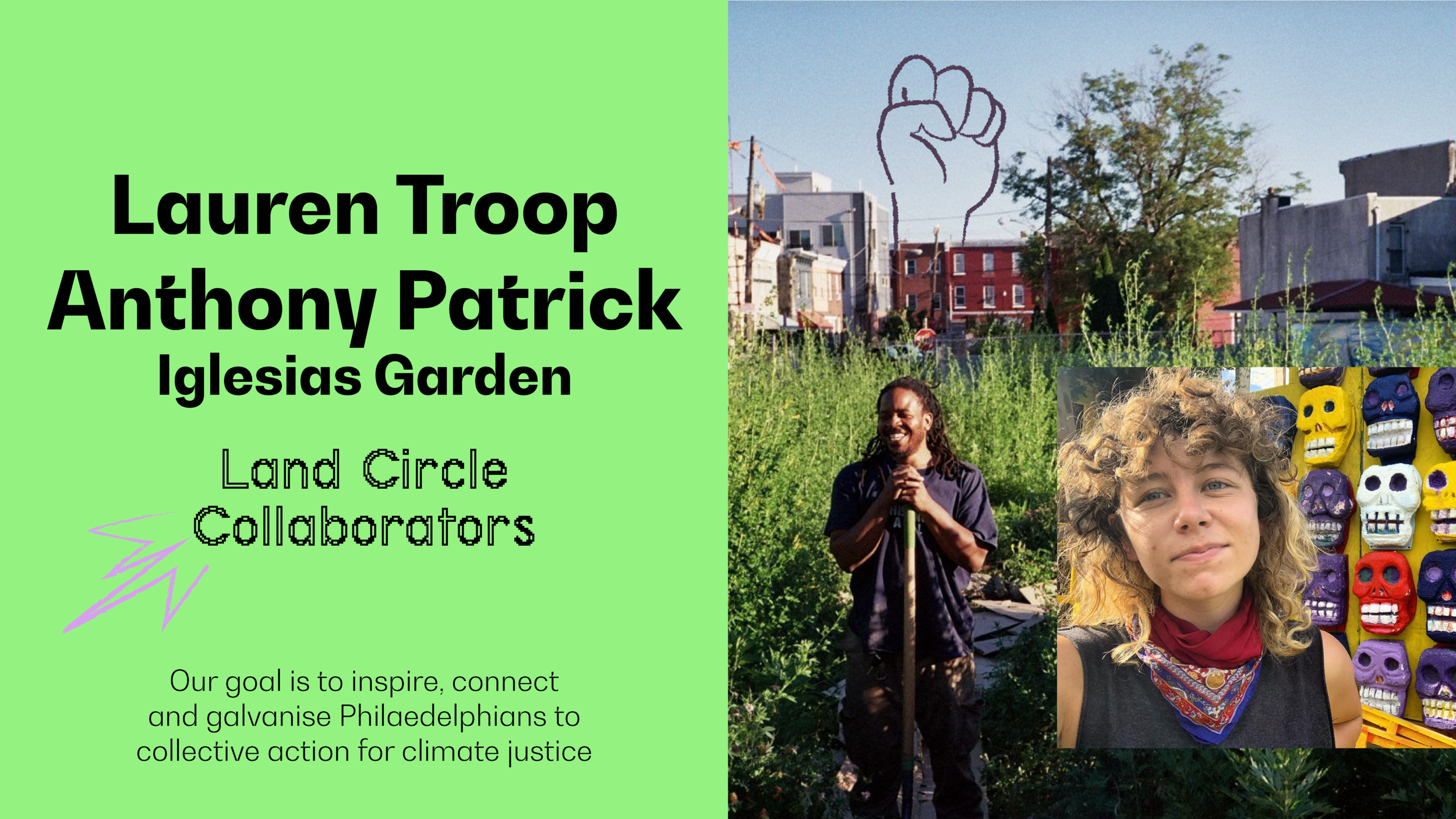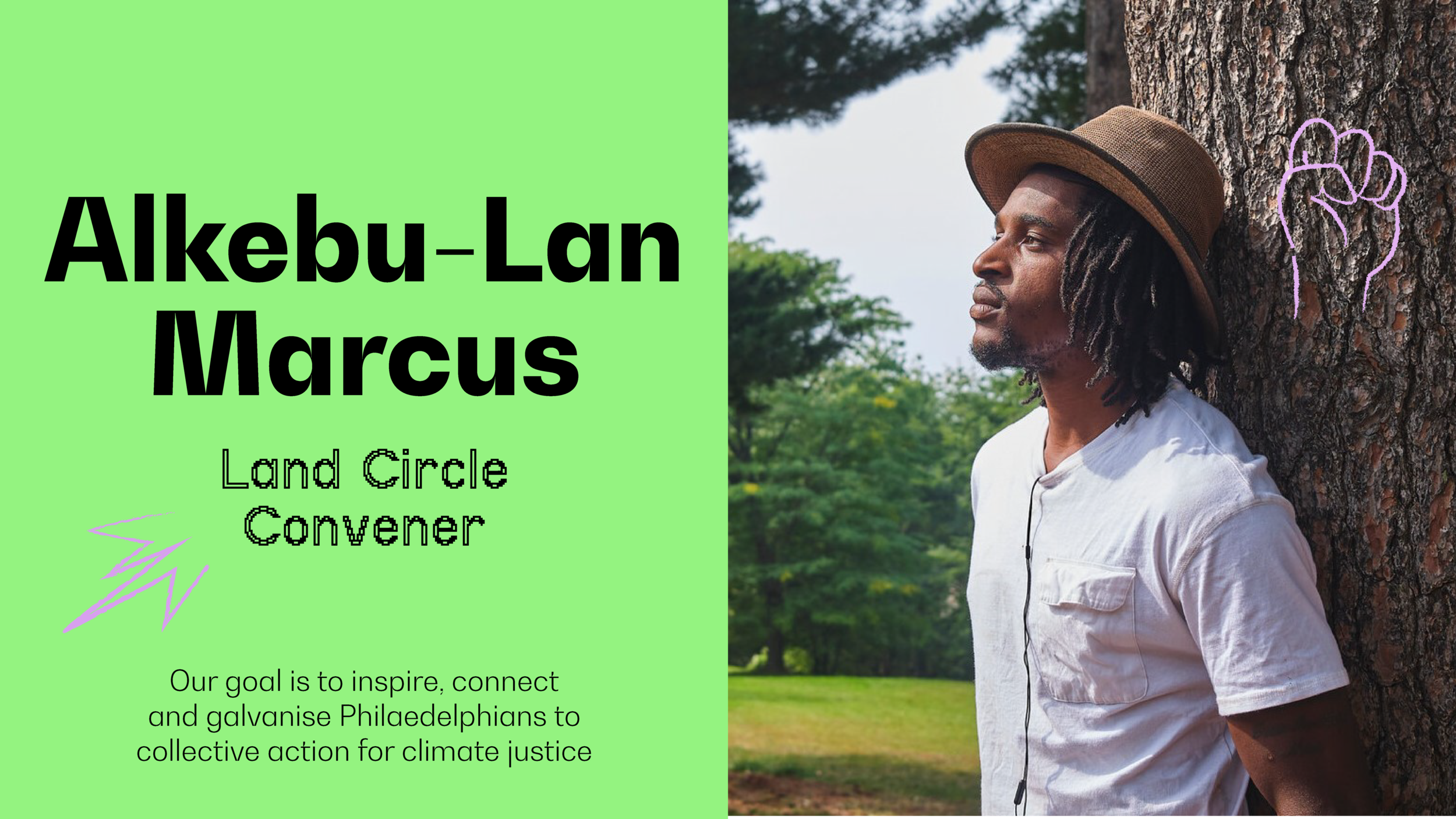Land Circle
Issue: The Lenape people are living in diaspora across Lenapehoking and throughout other parts of Turtle Island (also known as North America).
Solution: Lenape people are reclaiming their cultural heritage, their traditions, and their land.
Action: Learn about the Lenape people, listen to their stories, and support their efforts for cultural preservation and sovereignty.
Links:
Lenape Indian Tribe of Delaware Cultural Mapping Project
Native American House Alliance, Inc.
Issue: The sacred ancestral lands of the Ramapough Lunaape Nation have been contaminated by toxic dumping, including millions of gallons of toxic paint sludge dumped by the Ford Motor Corporation.
Solution: The Ramapough Lunaape are building their community’s resilience through food sovereignty, mutual aid, and political and cultural education.
Action: Follow Munsee Three Sisters Medicinal Farm on facebook and instagram to learn more about how the Ramapough Lunaape are reclaiming and healing their land.
Links:
Issue: Since 1492, people's relationships with land have shifted drastically. Black, Brown, and Indigenous communities especially have suffered from displacement, dispossession, and land degradation. Today, these injustices continue via gentrification, segregation, extractive industry, and corporate pollution.
Solution: Listen to the land; tend the land; heal the land. Love the land, see that it is beautiful, find delight in it, and respect it.
Action: Connect with the original keepers and stewards of this land, the Lenape people.
Nanticoke Lenni-Lenape Tribal Nation
Issue: Many treaties between Indigenous people and European colonizers are not being honored. Indigenous people across Turtle Island (the so-called “United States” and beyond) are fighting for their right to return to their homelands, as well as their right to be wherever they are.
Solution: Indigenous organizers are, and have been, at the forefront of many struggles for climate justice, from the colonial era to Standing Rock and beyond.
Actions: Build relationships with Indigenous people in a sustained way. Give resources, including land, back to Indigenous people if you have the ability. Ask Indigenous people what kinds of support they want or need. Include Indigenous people from the beginning of planning events and projects, not as an after thought. Honor Indigenous sovereignty and educate yourself continuously.
Links:
fb: Indigenous 215
ig: @Indigenous215
Issue: Fairhill is one of the hottest neighborhoods in Philadelphia - up to 22 degrees hotter than other neighborhoods - due to historically discriminatory housing practices, excessive asphalt, and low tree canopy coverage.
Solution: Charito, a registered nurse, has been volunteering in the Fairhill community since 1998, cultivating community, leadership, and green space. Her work supports the health of youth, people experiencing homelessness, and members of the Puerto Rican diaspora.
Action: Plant a tree, tend a garden, develop your relationship with the land and with your community. Learn your history and the history of the land you inhabit.
Issue: Hunting Park is one of the hottest neighborhoods in Philadelphia - up to 22 degrees hotter than other neighborhoods - due to historically discriminatory housing practices, excessive asphalt, and low tree canopy coverage.
Solution: Gabriella has given away nearly 700 trees in Hunting Park through the Community Yard Tree Giveaway Grant program, and created the city’s first bilingual Tree Tender program for Spanish-speaking residents.
Action: If you are a property owner in Philadelphia, you can fill out this online form to request a street or yard tree.
Links:
Philadelphia Horticultural Society (PHS) Tree Tenders
Esperanza Housing and Economic Development
fb: PHS
Issue: Community land and gardens are endangered by gentrification, real estate development, redlining, economic inequality, structural racism, and past and present disenfranchisement.
Solution: Community gardens keep neighborhoods cooler, retain stormwater, strengthen ecosystems, reduce trash dumping, and improve air quality. The Iglesias Garden was founded by the Philly Socialists in 2012 to cultivate food, medicine, and community.
Action: Come to a garden workdays on Saturdays at 1 pm, and free food distribution at 4 pm, at the intersection of Lawrence and Arlington Streets (weather permitting).
Links:
César Andreu Iglesias Community Garden
fb: Iglesias Garden
ig: @IglesiasGarden
Issue: Black people's relationship with the land has been violently disrupted for hundreds of years, from human trafficking and enslavement to segregation and displacement.
Solution: “When we want justice, we need to get out there and plant things. Rebuild our relationship with the land. Teach the kids and the community to form roots.”
Action: Visit Mill Creek Farm (to learn about community and youth education programs.
Links:
ig: @PhillyOrchards
